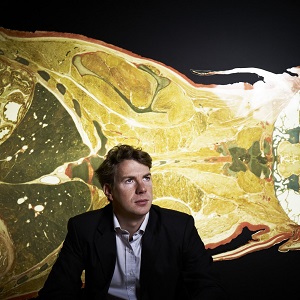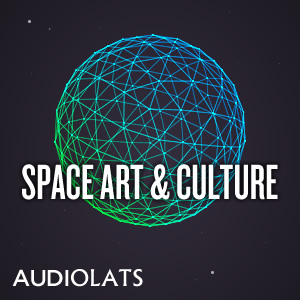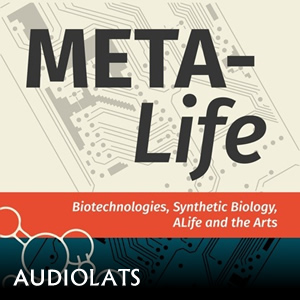
Especialização
Bio
Dr. Markus Schmidt é fundador e líder da equipe de BIOFACTION KG, uma empresa de pesquisa, avaliação de tecnologia e arte-ciência em Viena, Áustria. Com uma formação em engenharia eletrônica, biologia e avaliação dos riscos ambientais que realizou a avaliação de risco ambiental e estudos de segurança e de percepção pública em vários domínios científicos e tecnológicos, tais como GM-culturas, a terapia genética, nanotecnologia, tecnologias convergentes e sintética biologia.
He carried out several research projects, for example SYNBIOSAFE, e.g. the first European project on safety and ethics of synthetic biology, on the depiction of synthetic biology in movies, or standardization for robust bioengineering of new-to-nature biological properties.
Markus Schmidt produced science policy reports for the Office of Technology Assessment at the German Bundestag (on GM-crops in China), and the Austrian Ministry of Transport, Innovation and Technology (nanotechnology and converging technologies). He served as an advisor to the European Group on Ethics (EGE) of the European Commission, the US Presidential Commission for the Study of Bioethical Issues, the J Craig Venter Institute, the Alfred P. Sloan Foundation, the Bioethics Council of the German Parliament and is currently member of the EC’s Scientific Committee on Emerging and Newly Identified Health Risks (SCENIHR) working group on synthetic biology. He is the author of several peer-reviewed articles, edited a special issue and two books about synthetic biology and its societal ramifications, and produced – together with Camillo Meinhart – vários documentários.
Além de seu trabalho científico, ele se engaja na colaboração entre arte e ciência, por exemplo, produzindo o · FICÇÃO série BIO Ciência Art Film Festival (2011 e 2014), a exposição de arte synth-ética (2011), envolvente e apoiar uma série de artistas para explorar idéias artísticas e criativas sobre o futuro da biotecnologia, que também levou a co-encontrou a base Viena bioarte-clube Pavillon 35.
Canaletas caracterizadas


 English
English العربية
العربية বাংলা
বাংলা Français
Français Deutsch
Deutsch Bahasa Indonesia
Bahasa Indonesia 日本語
日本語 한국어
한국어 Português
Português Español
Español